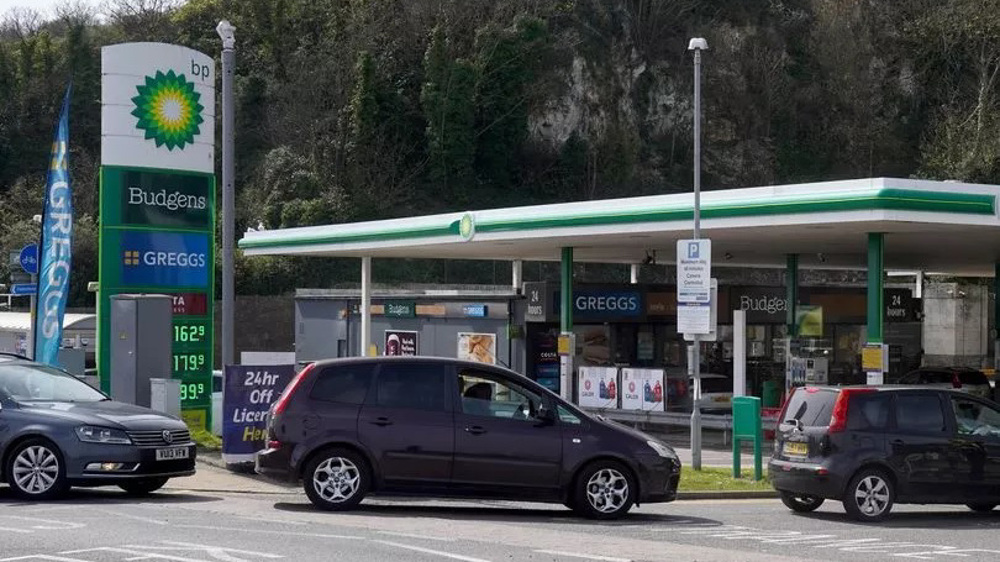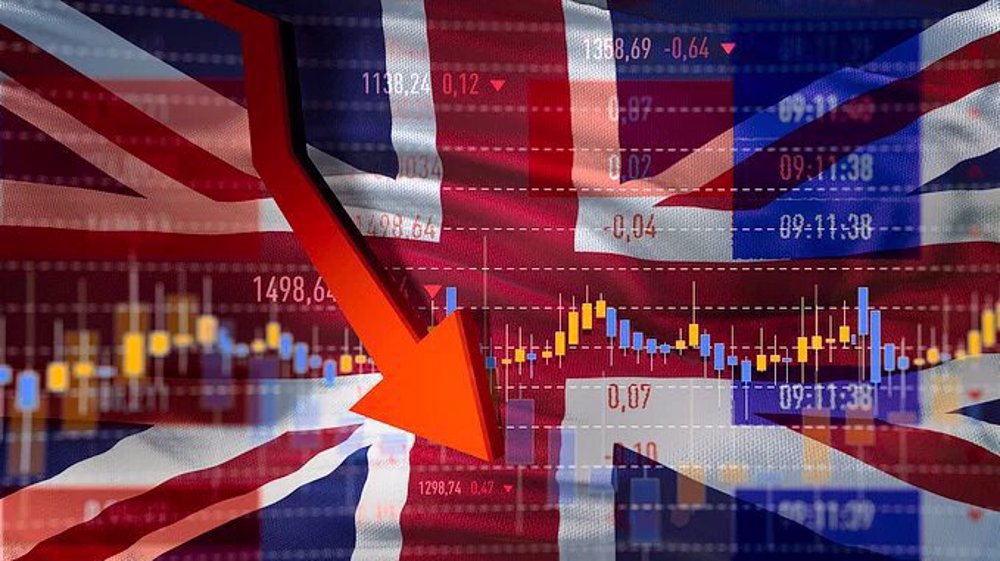Govt. accused of 'shortchanging' taxpayer
The British government has faced a barrage of criticism for selling off shares in Royal Bank of Scotland.
The government sold a 5.4% stake at 330p a share, a third below the price it had paid for each share to rescue the RBS during 2008-2009 financial crisis.
This was a far cry from the average 502p that the taxpayer had paid for each share of the loss-making bank.
Now, critics say the government has “shortchanged” the taxpayer.
"The most important question for the tax-payer - are we getting good value for our money? This used to be something the Chancellor used to care about, he said he would only sell these RBS shares when we get good value - clearly that's not now," Ian Gordon, a banking analyst at Investec was quoted as saying by the British media.
Meanwhile, Barbara Keeley, the shadow treasury minister, has blasted the government for what she calls "casually" losing £1.07 billion on the shares sold.
“The problem that confronts England is the problem that confronts many investors. No one rings a bell at the top of the market…,” economic analyst Rollin Amore told Press TV’s UK Desk on Tuesday.
“They could have sold shares at a price equal to what they paid for them or very near to that,” he noted.
Iran: Awakened world public opinion determined to stop Israel war crimes
US House speaker wants National Guard to quell pro-Palestine student protests
Iran, Russia sign MoU to strengthen security cooperation
VIDEO | Iran marks defeat of US military operation in Tabas Desert
VIDEO | Press TV's news headlines
US troopers crack down on pro-Palestinian protests at University of Texas
VIDEO | German warship departs Red Sea as EU 'naval mission' fails
VIDEO | Palestinians inspect rubble of destroyed building in Rafah










 This makes it easy to access the Press TV website
This makes it easy to access the Press TV website